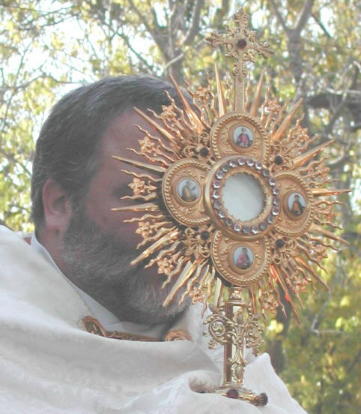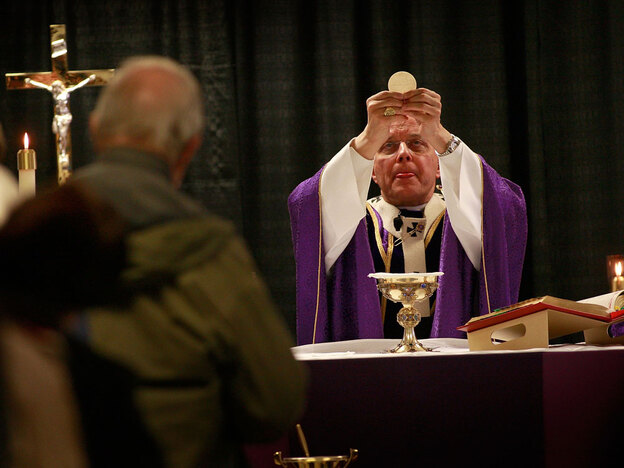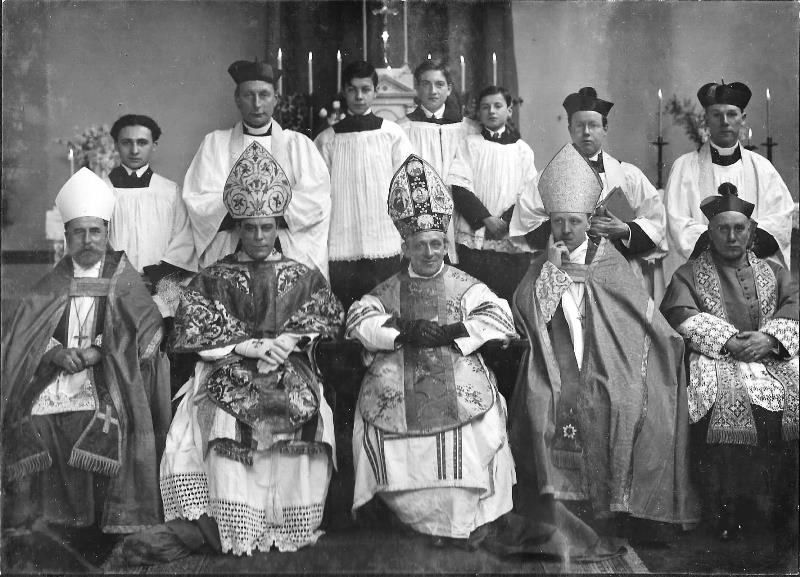The "Lord's Day" seems to have been entirely misinterpreted by the early church, eager to accommodate the introduction of apostate concepts "gradually" into their increasing range of religious traditions. By the time of Constantine's announced "state religion", Sunday fitted in perfectly with the day dedicated to sun worship in the Roman Empire....simply inferring a "Christian" reason for it....no one complained apparently. The "Lord's Day" wrongly attributed to Sunday, became a substitute Sabbath. God never sanctioned such a thing.
As for the reason why they misunderstood John's reference to "the Lord's Day", firstly, Biblical usage the word “day” may denote a period of time far longer than 24 hours. (Genesis 2:4; John 8:56; 2 Peter 3:8) Contextual evidence indicates that “the Lord’s Day” of Revelation 1:10 is not a particular 24-hour day. Since it was “by inspiration” that John came to be “in the Lord’s day,” the reference could not be to some particular day of the week. It would not have been necessary for John to have been inspired to come to a specific day of the week. Therefore, “the Lord’s day” must be that future time during which events that John was privileged to see in vision would take place. This included such happenings as the war in heaven and the ouster of Satan from heaven, the destruction of Babylon the Great and the kings of the earth and their armies, the binding and abyssing of Satan, the resurrection of the dead, and Christ’s Thousand Year Reign.
The context points to Jesus Christ as the Lord whose “day” it is. Immediately after coming to be “in the Lord’s day,” John heard, not the voice of Almighty God, but that of the resurrected Son of God. (Revelation 1:10-18) Also, the ‘day of the Lord’ mentioned at 1 Corinthians 1:8; 5:5; and 2 Corinthians 1:14 is that of Jesus Christ.
Thank you.










